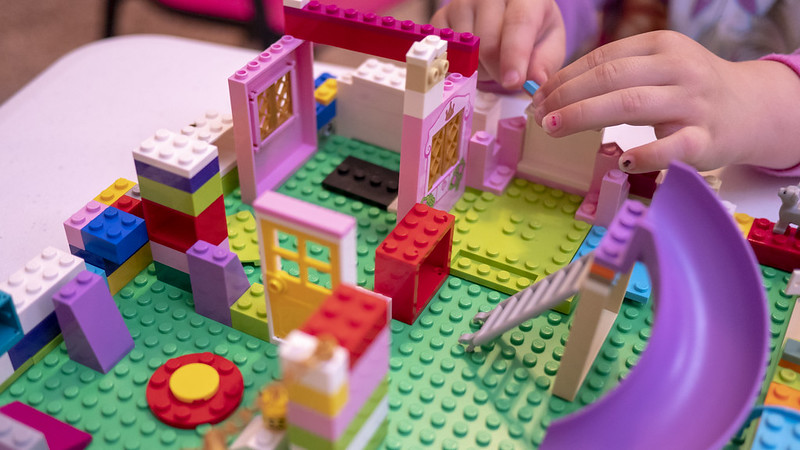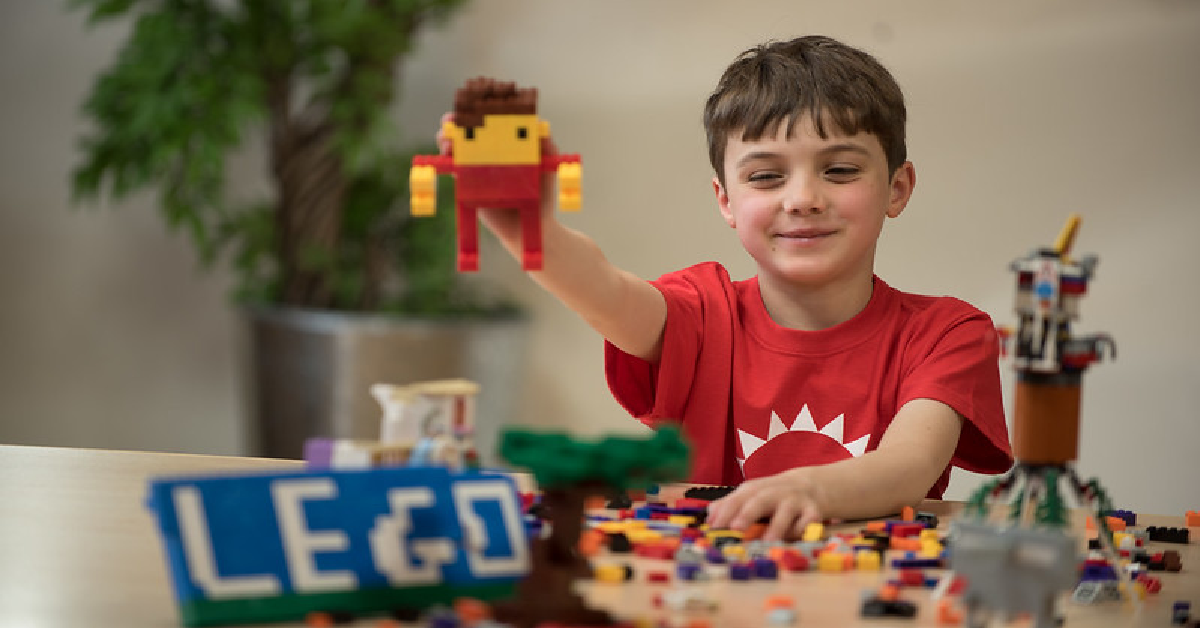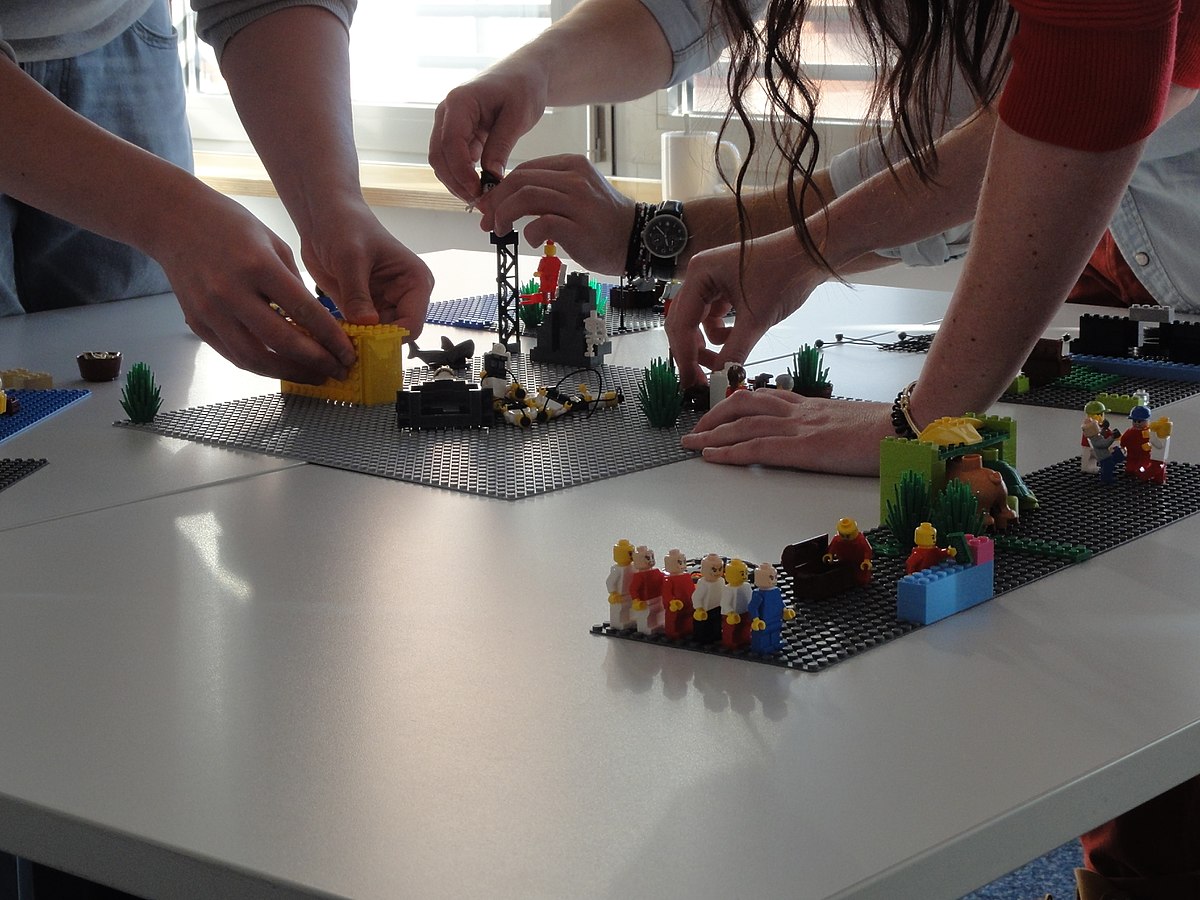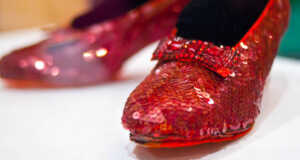The topic of gender has been a forefront issue in recent years. From gender identity to gender roles, there has been a lot of debate and a lot of changes occurring – one such change being the effort to tackle gender bias amongst toys. Many believe that toys shouldn’t have a gender, given that they’re geared towards fun.
October 11 was the United Nations’ International Day of the Girl. In honor of the day, the LEGO Group decided to collaborate with the Geena Davis Institute on Gender in Media in order to run a campaign that was called Ready for Girls. Its aim was to “celebrate girls who rebuild the world through creative problem solving.”
https://www.instagram.com/p/CVJABcxPNlB/
During the creation of the campaign, there were surveys run by the Geena Davis Institute that studied the answers of around 7,000 parents and children around the world in order to determine how gender biases affect the mindsets and creative development of children. Those surveyed varied from many different countries such as China, the Czech Republic, Japan, Poland, Russia, the UK, and the US.
According to NPR, the results showed a lot of young girls don’t feel the need to stick to the traditionally feminine pursuits society might expect them to go after. In fact, of those who were surveyed, 82% of girls feel it’s completely normal for girls to want to play football or for boys to take up ballet.
There were only 42% of girls who reported being concerned they’d be made fun of for playing with “boy” toys. Sadly, of the boys who were surveyed a staggering 71% expressed concern about getting ridiculed for playing with “girl” toys. An even higher 74% still believe certain activities are gender-specific.

But as we all know, kids get their beliefs from somewhere. The survey found that parents are still the most likely source of kids having the mindset surrounding binary gender roles. Of the participating parents, it was found that they were almost five times more likely to push girls towards activities such as dance or dress up, and four times as like to push boys towards sports.
This included how they felt about LEGO, as the study found that only 24% of parents would encourage their daughters to play with LEGO, while 76% would suggest their sons play with LEGO.

In order to remove the gender bias from their product, the LEGO Group released a statement to the press expressing its plans to “work closely with the Geena Davis Institute on Gender in Media and UNICEF to ensure LEGO products and marketing are accessible to all and free of gender bias and harmful stereotypes.”
Furthermore, the LEGO Group released a PDF guide encouraging parents to embrace change with such suggestions like the “10 steps to inspire creative play,” Where they suggest parents asking their kid to “perform the role of characters of a different gender in a book or during play.” They further state that parents should try to refrain from “redirecting them to more traditionally ‘acceptable’ activities” if their child should choose to pick something more untraditional.

The LEGO Group’s chief marketing officer, Julia Goldin, explained in a statement, “The benefits of creative play, such as building confidence, creativity, and communication skills, are felt by all children, and yet we still experience age-old stereotypes that label activities as only being suitable for one specific gender. At the LEGO Group we know we have a role to play in putting this right. All children should be able to reach their true creative potential.”
What do you think of LEGO’s efforts to remove gender bias from their products and encourage parents to embrace the unconventional? Let us know!













